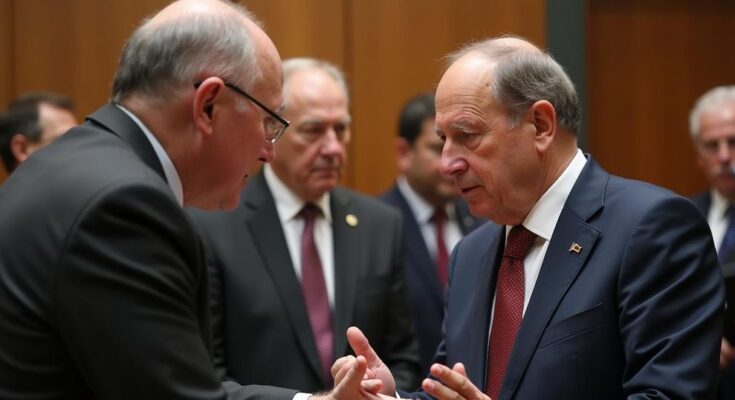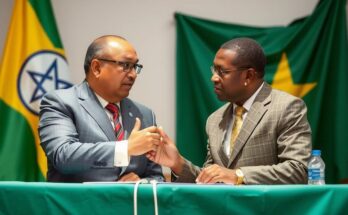Dutch Prime Minister Mark Rutte apologized to Indonesia for the systematic violence perpetrated by Dutch forces during the 1945-49 war of independence, following a detailed report that refuted previous claims of isolated incidents. The study revealed widespread atrocities condoned at various governmental levels, prompting Rutte to acknowledge the need for accountability and recognition of these historical wrongs.
On Thursday, Dutch Prime Minister Mark Rutte formally apologized to Indonesia for the “systematic and widespread extreme violence” perpetrated by Dutch forces during Indonesia’s struggle for independence between 1945 and 1949. This apology followed the results of a comprehensive and thorough investigation conducted by three historical research institutes, which highlighted the extent of atrocities committed during this tumultuous period. This series of studies stands in stark contrast to the long-standing narrative upheld by the Dutch government, which had previously suggested that violence was only sporadic as Dutch troops attempted to regain control following World War II. The extensive review, which lasted over four years, discovered that extreme violence was not only rampant but deliberately executed. It stated unequivocally, “the use of extreme violence by the Dutch armed forces was not only widespread, but often deliberate, too.” Furthermore, the study revealed that this violence was accepted across various levels of society—political, military, and legal. Historians highlighted a pervasive culture of complicity, stating, “there was a collective willingness to condone, justify and conceal it, and to let it go unpunished.” It detailed various forms of violence, including extrajudicial killings, torture, inhumane detention, and disproportionate military actions. The findings by the researchers ostensibly dismantle decades of denial by successive Dutch governments, which characterized the actions taken during this period as isolated incidents rather than systematic campaigns. War crimes had initially been exposed by a former veteran in 1969, yet government assertions remained unchanged, reinforcing a narrative that suggested proper discipline within the armed forces. During his apology, Prime Minister Rutte expressed regret not only for the violent acts committed but also for the historical failure of Dutch governments to confront and acknowledge this painful legacy. “For the systematic and widespread extreme violence from the Dutch side in those years and the consistent looking the other way by previous governments, I apologize deeply to the people of Indonesia,” he stated. He underscored the necessity of confronting these harsh realities and conceded that the government must accept full responsibility for this collective failure. While this apology marks a significant step in acknowledging historical wrongs, it is not the first to be issued by the Netherlands concerning its colonial past. Previously, during a visit to Indonesia in March 2020, King Willem-Alexander offered an unexpected apology for the “excessive violence” employed by Dutch troops. In addition, in 2016, former Dutch Foreign Minister Bert Koenders extended an apology for a massacre involving Dutch forces that resulted in the deaths of 400 Indonesian villagers in 1947.
The historical context involves Indonesia’s struggle for independence from Dutch colonial rule, which was characterized by significant violence during the transition period following World War II. The conflict lasted from 1945 to 1949 and was marked by efforts from the Dutch government to reestablish control over the Indonesian archipelago after the Japanese occupation. This violence and the actions of Dutch troops have long been a topic of contention, particularly with respect to the recognition and accountability for war crimes. The recent investigation sheds light on the systematic nature of these crimes, leading to a reevaluation of the historical narrative that had been upheld by the Dutch government for decades.
In conclusion, the Netherlands has taken a significant step toward reconciling its colonial past by officially apologizing for the widespread violence committed during Indonesia’s war of independence. Prime Minister Rutte’s acknowledgment of historical atrocities signifies a broader understanding of the need for accountability and reconciliation. The findings of the investigation call for a departure from previous narratives that minimized the severity of these actions, underscoring the importance of confronting uncomfortable truths in the pursuit of a more inclusive historical narrative.
Original Source: www.newsfirst.lk




